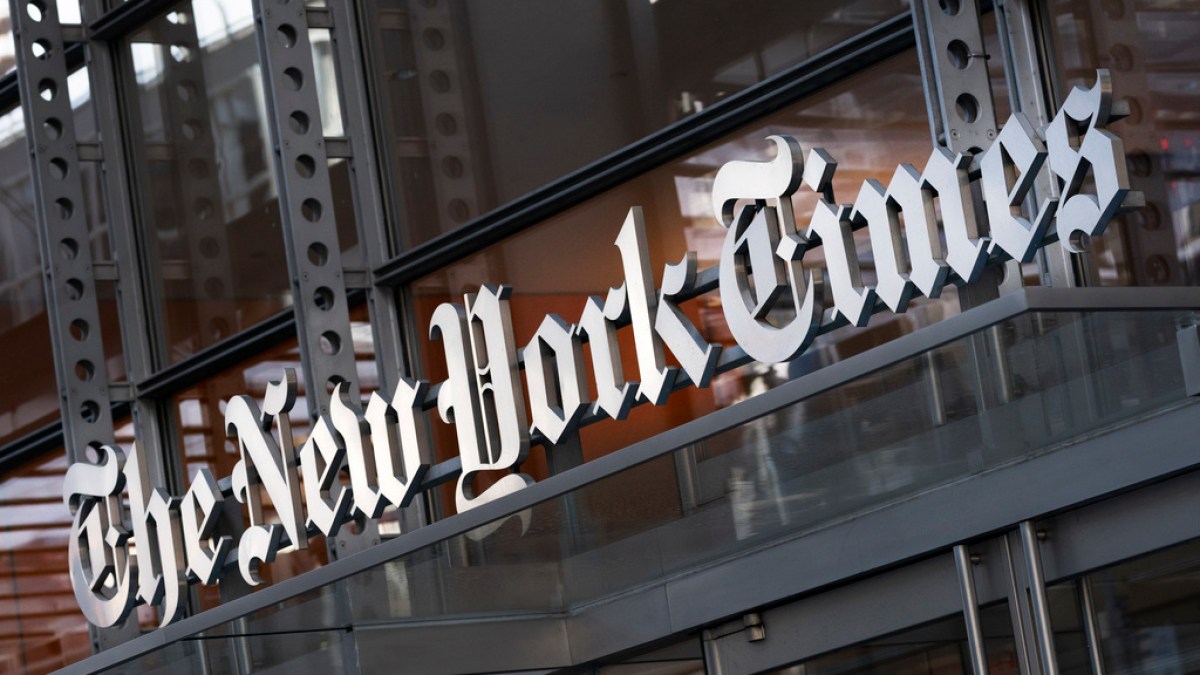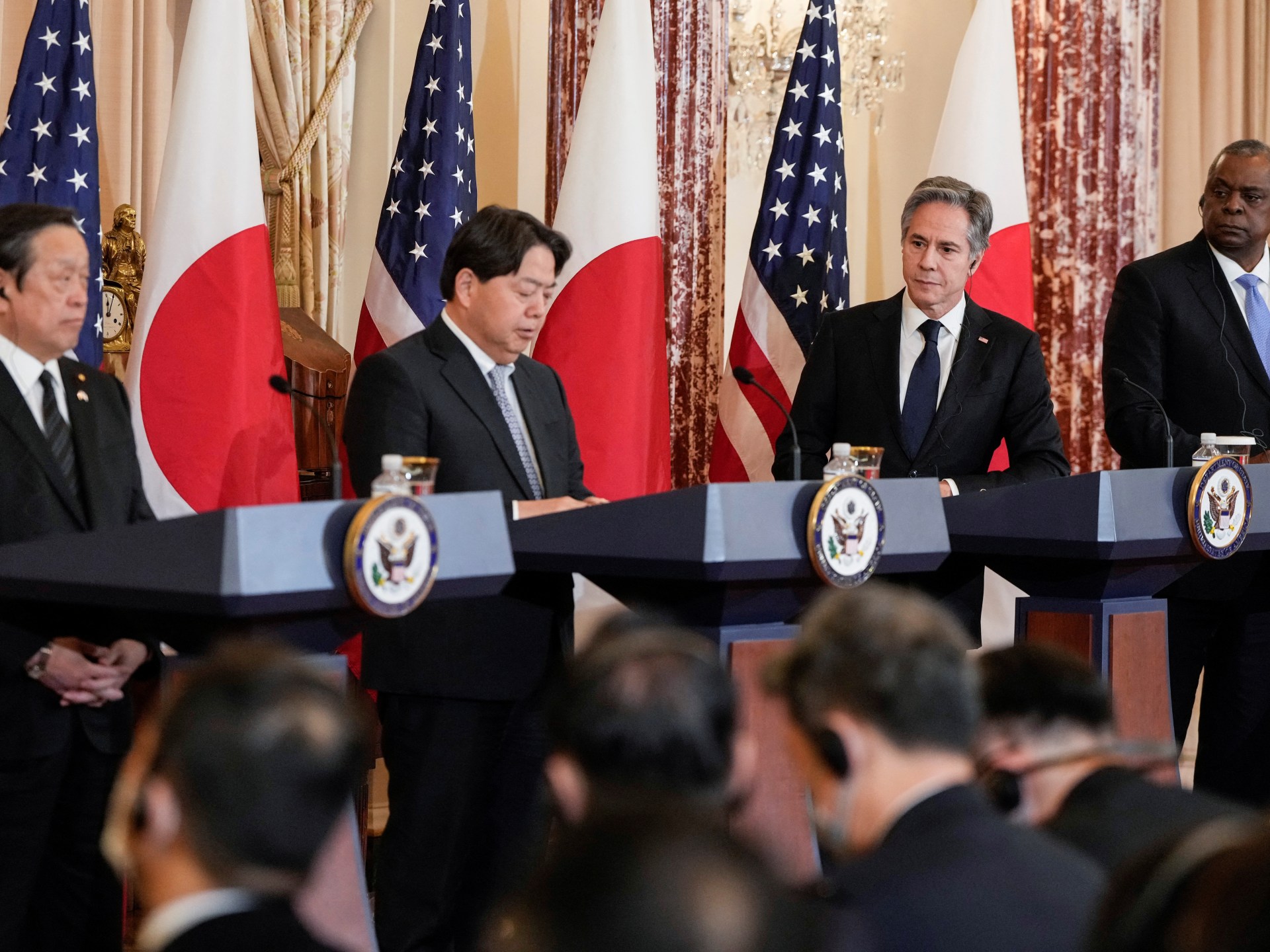
The New York Times has sued OpenAI and Microsoft for copyright infringement, seeking to end the companies’ practice of using their stories to train chatbots.
The newspaper filed a lawsuit in U.S. federal court in Manhattan on Wednesday, saying the companies were too powerful artificial intelligence (AI) models used millions of its articles without permission for training and said copyright infringement at the newspaper alone could be worth billions.
The Times said that OpenAI and Microsoft are advancing their technology by “unlawfully using the Times’ work to develop artificial intelligence products that compete with it” and “threatening the Times’ ability to provide this service.”
With their AI chatbots, the companies seek to “exploit the Times’ massive investment in its journalism by using it to develop replacement products without permission or payment,” the lawsuit says.
The Times, one of the most respected news organizations in the United States, is seeking damages and an order that the companies stop using its content and destroy data it has already collected.
While not demanding a specific amount, the Times claimed the breach could have cost “billions of dollars in statutory and actual damages.”
Confrontational approach
With the lawsuit, The New York Times took a more confrontational approach sudden rise of AI chatbotsin contrast to other media companies such as Axel Springer or The Associated Press, which have concluded content deals with OpenAI.
Microsoft, the world’s second-largest company by market cap, is a major investor in OpenAI and has been quick to implement AI’s capabilities into its own products after releasing ChatGPT last year.
The AI models that power ChatGPT and Microsoft’s Copilot (formerly Bing) have been trained for years on content available on the Internet, under the assumption that their use would be fair, without the need for compensation.
But the lawsuit argued that the Times’ unlawful use of its work to develop artificial intelligence products jeopardized its ability to provide quality journalism.
“These tools were built with independent journalism and content that is only available because we and our colleagues have put considerable effort into reporting, editing and fact-checking it and our colleagues,” a Times spokesperson said.
The Times said it contacted Microsoft and OpenAI in April to raise concerns about the use of their intellectual property and to find a solution to the problem.
During the discussions, the newspaper said it wanted to “ensure it receives fair value for the use of its content,” “facilitate the continued existence of a healthy news ecosystem, and help develop GenAI technology in a responsible manner that benefits society.” comes and supports a prosperous society.” informed public”.
“These negotiations have not resulted in a resolution,” the lawsuit states.
The lawsuit states that the content generated by ChatGPT and Copilot closely mimics the style of The New York Times and that the newspaper’s content is given privileged status in perfecting the chatbot technology.
It also said content that turned out to be false was mistakenly shared with The New York Times.
Wave of complaints
The newspaper joins a growing list of individuals and publishers trying to stop AI giants from using copyrighted material.
Last year, Game of Thrones author George RR Martin and other best-selling authors filed a class action lawsuit against OpenAI, accusing the startup of violating its copyrights to promote ChatGPT.
In June, more than 4,000 authors signed a letter to the CEOs of OpenAI, Google, Microsoft, Meta and other AI developers, accusing them of exploitative practices in developing chatbots that “mimic and reproduce” their language, style and ideas “.
Universal and other music publishers have sued artificial intelligence company Anthropic in a US court over its use of copyrighted song lyrics to train its AI systems and generate responses to user queries.
US photography distributor Getty Images has accused Stability AI of profiting from its images and those of its partners to develop visual AI that creates original images upon simple request.
As lawsuits mount, Microsoft and Google have announced that they will provide legal protection to customers who are sued for copyright infringement on content generated by their AI.
This month, European Union policymakers agreed on a groundbreaking law to regulate AI, which requires technology companies doing business in the EU to disclose data used to train AI systems and test products – particularly those used in high-risk applications such as self-driving vehicles and healthcare become.
In October, US President Joe Biden issued an executive order focused on AI’s impact on national security and discrimination, while China has issued regulations requiring AI to reflect “core socialist values.”






Recent Comments